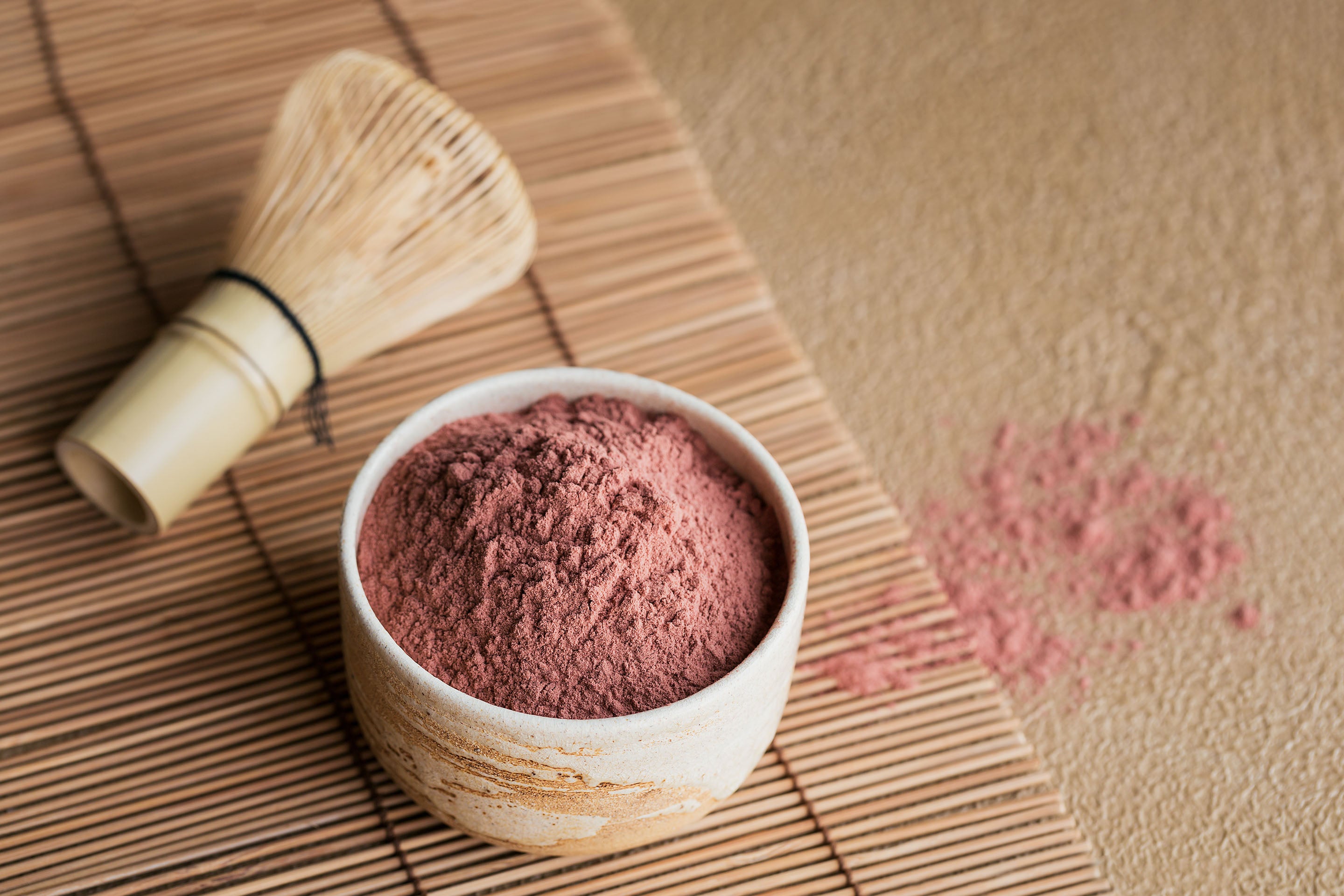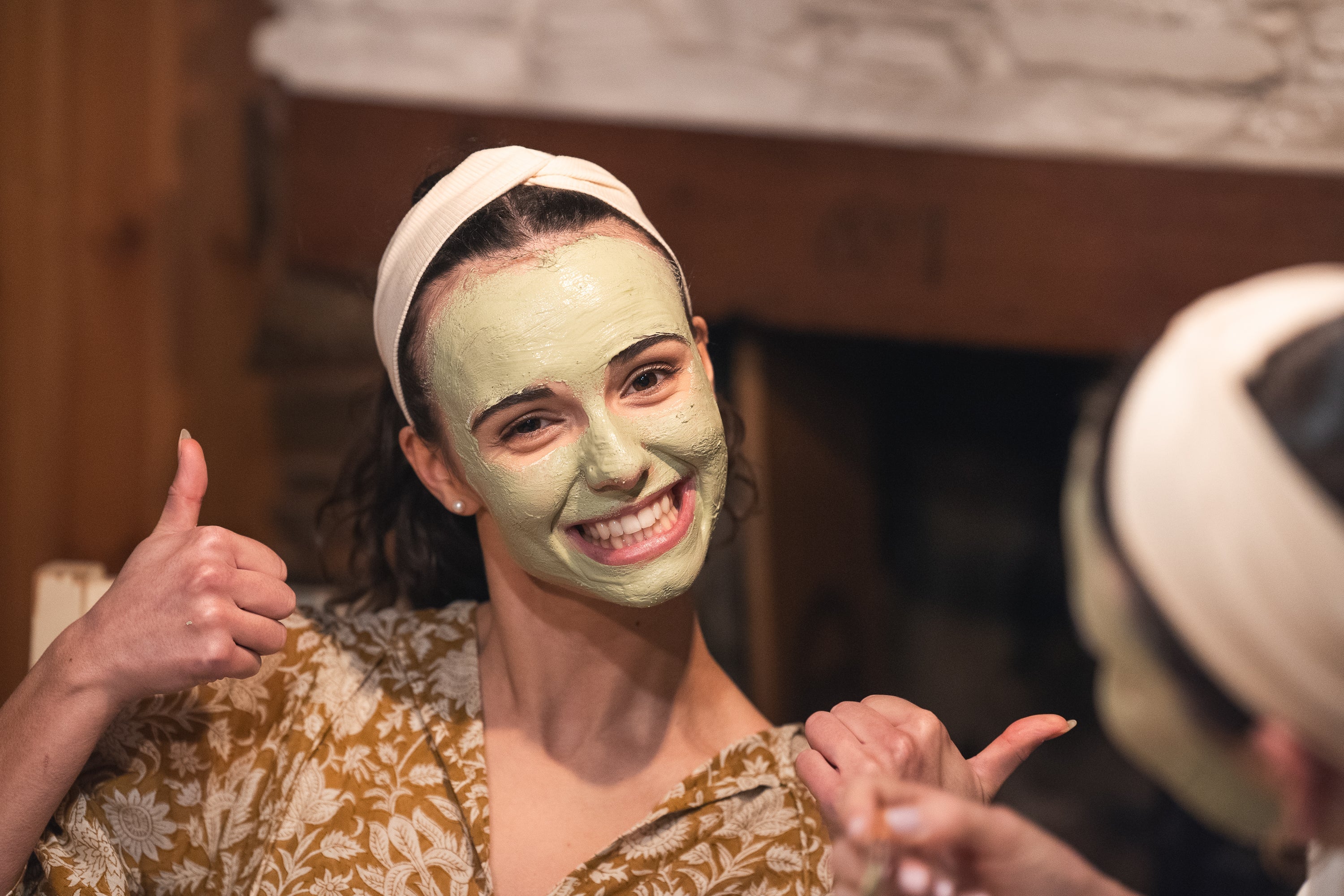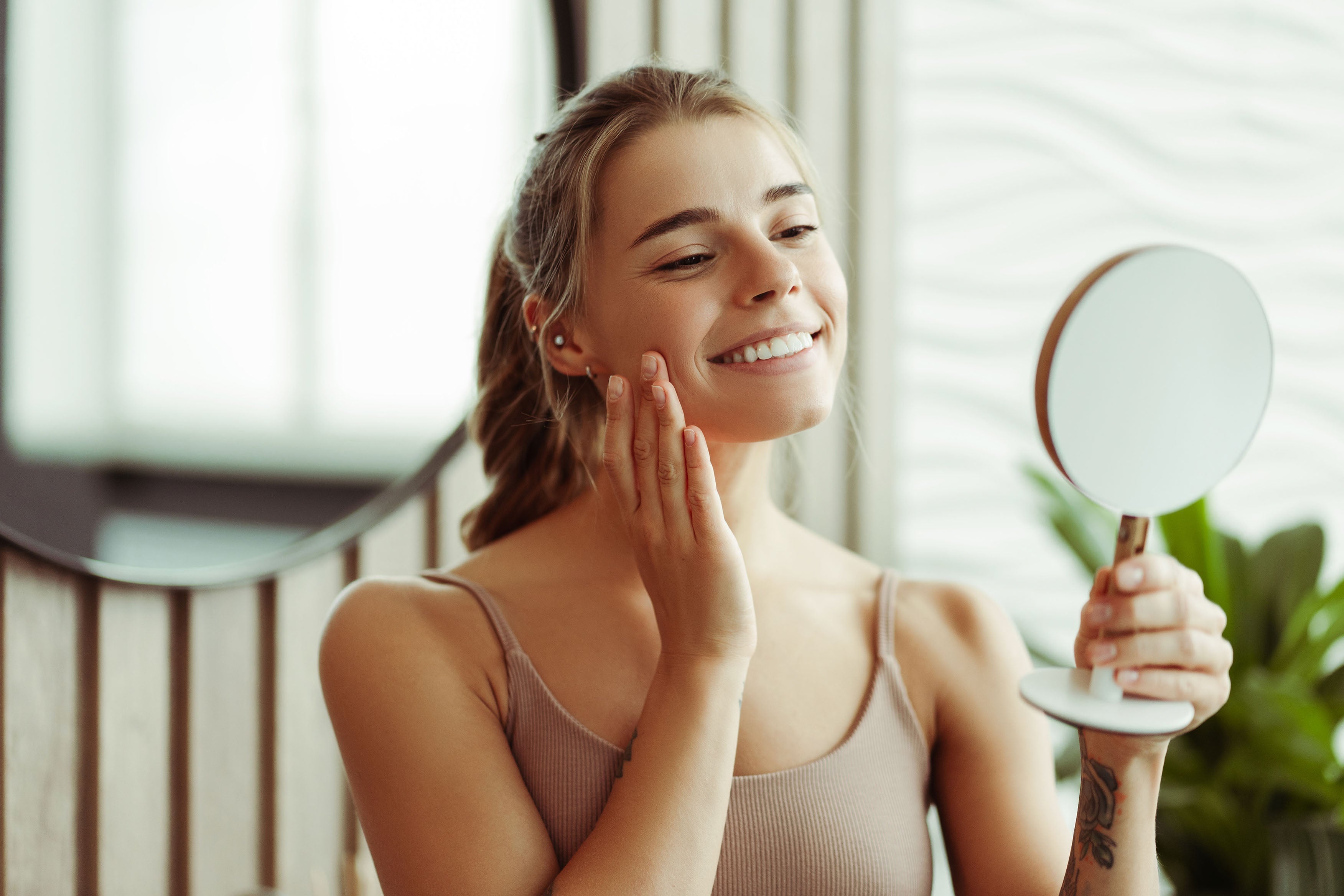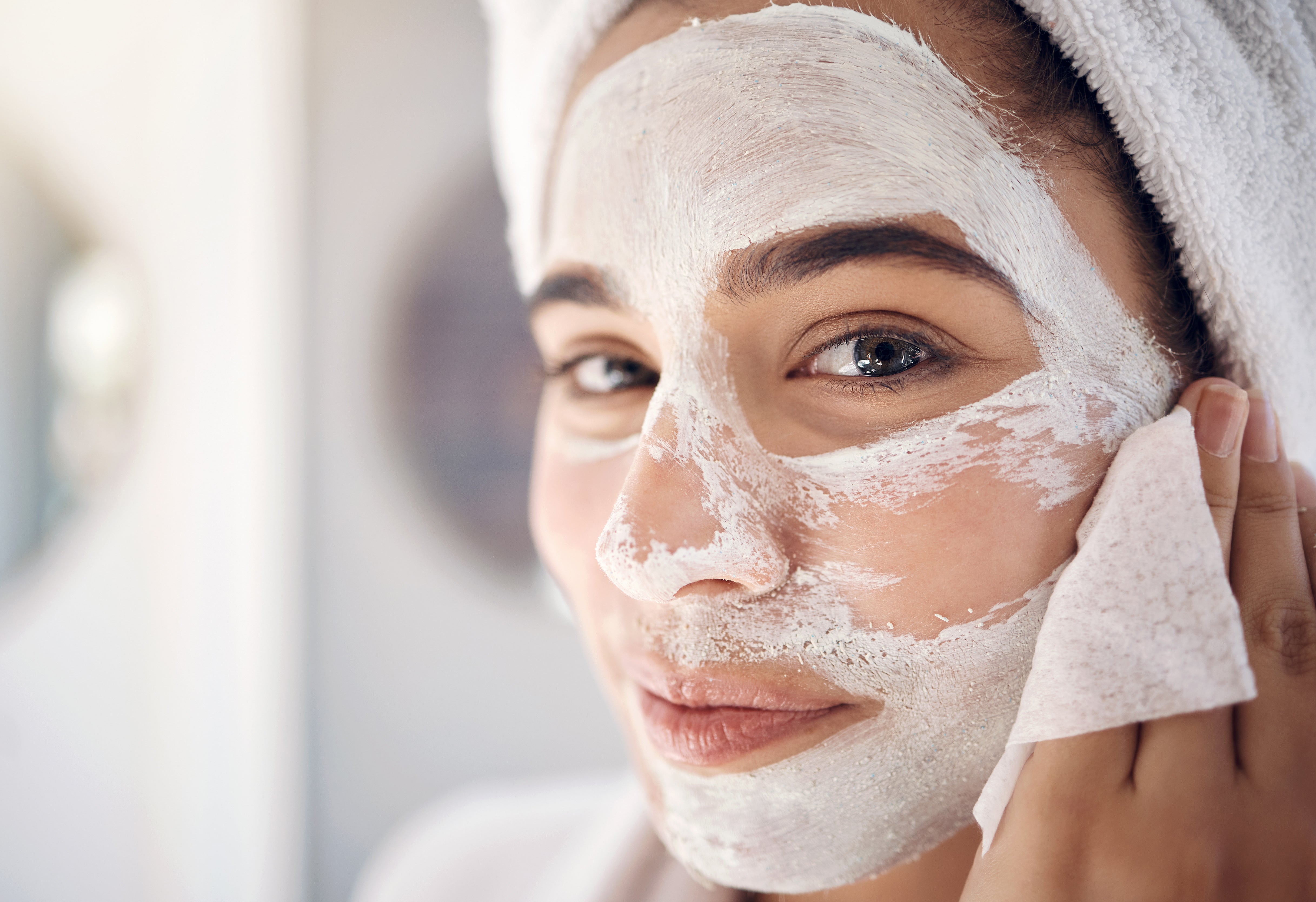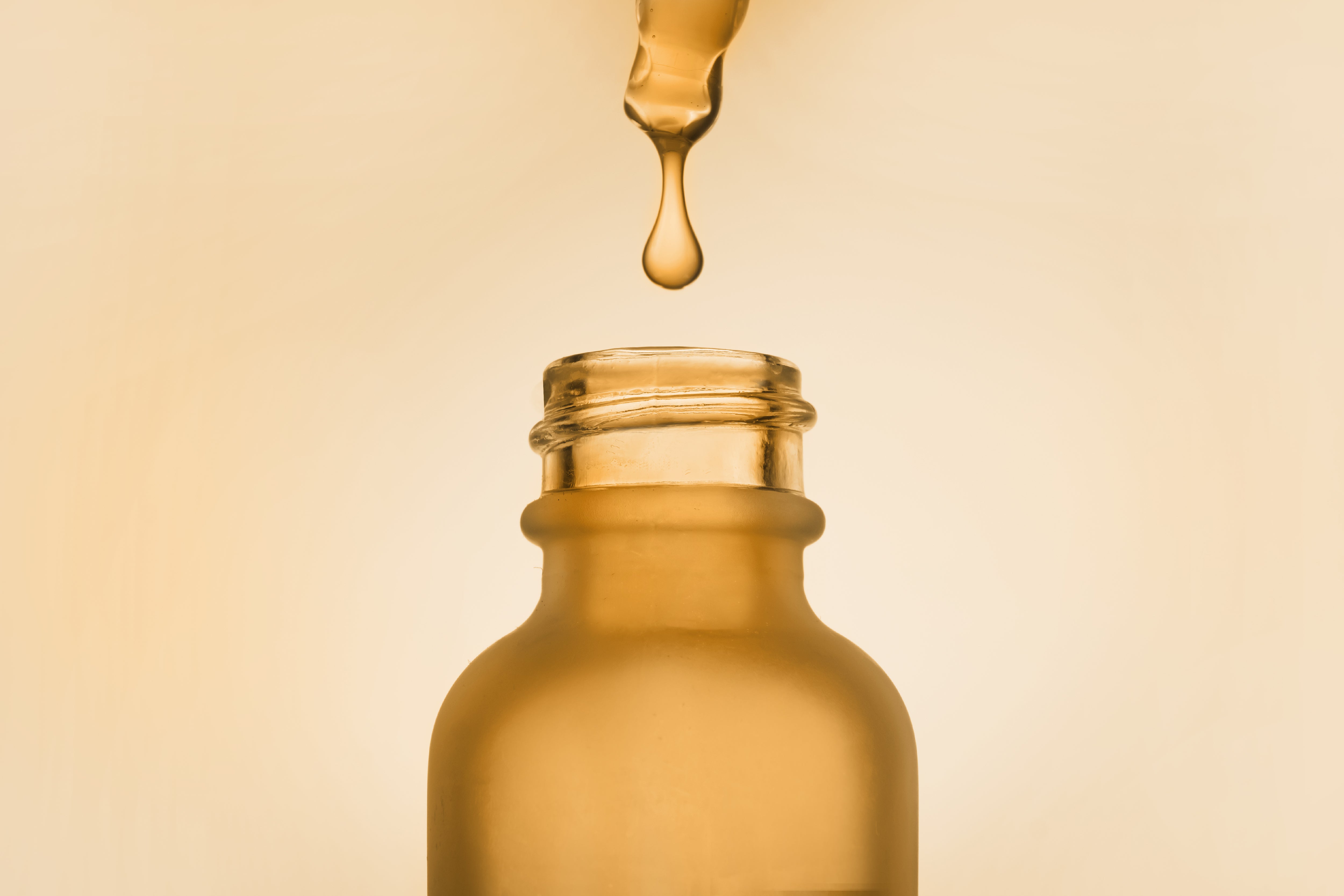Known for its vibrant colour and rich nutrient profile, Hibiscus has been used for centuries in various beauty rituals. Whether you're a DIY skincare enthusiast or looking to enhance your self-care routine, Hibiscus Powder is an ingredient worth exploring. In this article, we'll delve into the numerous benefits of Hibiscus Powder for the skin, backed by recent studies, and highlight its synergy with Kaolin Clay. We'll also discuss the anti-inflammatory properties of Hibiscus and its historical and cultural significance in skincare.
The Power of Hibiscus: An Overview
Hibiscus, also known as the "Botox plant," is renowned for its anti-aging properties. This tropical flower is rich in antioxidants, natural acids, and essential vitamins, making it a potent ingredient for skincare.
Nutrient-Rich Composition
Hibiscus Powder contains:
- Antioxidants: Particularly anthocyanins, which help fight free radicals and reduce oxidative stress.
- Alpha Hydroxy Acids (AHAs): Natural acids that promote exfoliation and improve skin texture.
- Vitamin C: Known for its skin-brightening effects and collagen-boosting properties.
- Mucilage: A natural moisturizer that helps to hydrate and smooth the skin.
Benefits of Hibiscus Powder for the Skin
1. Anti-Aging Properties
Hibiscus is often referred to as the "Botox plant" for good reason. Its high antioxidant content, particularly anthocyanins, helps to combat the signs of aging. These antioxidants protect the skin from damage caused by free radicals, reducing the appearance of fine lines, wrinkles, and age spots. A study published in the Journal of Agricultural and Food Chemistry highlighted the potent antioxidant activity of Hibiscus, making it an effective ingredient in anti-aging skincare.
2. Natural Exfoliation
The natural AHAs in Hibiscus promote gentle exfoliation, helping to remove dead skin cells and reveal a fresher, more radiant complexion. AHAs also help to improve skin texture and tone, making Hibiscus Powder an excellent choice for those looking to achieve smoother skin. Research published in the Journal of Clinical and Aesthetic Dermatologysupports the use of AHAs in improving skin texture and reducing hyperpigmentation.
3. Hydration and Moisture
Hibiscus contains natural mucilage, a gel-like substance that acts as a natural moisturizer. Mucilage helps to retain moisture in the skin, keeping it hydrated and supple. This makes Hibiscus Powder ideal for dry and sensitive skin types.
4. Anti-Inflammatory Properties
Hibiscus is rich in anti-inflammatory compounds that help to soothe irritated skin and reduce redness. This makes it beneficial for those with sensitive or acne-prone skin. A study in the Journal of Ethnopharmacology demonstrated the anti-inflammatory effects of Hibiscus extracts, supporting their use in calming and soothing the skin.
Hibiscus and Kaolin Clay: A Perfect Match
Combining Hibiscus Powder with Kaolin Clay creates a powerful skincare duo that offers deep cleansing, exfoliation, and hydration. Kaolin Clay is a gentle, natural clay that absorbs excess oil, detoxifies the skin, and gently exfoliates dead skin cells.
Benefits of the Combination
-
Deep Cleansing: Kaolin Clay helps to draw out impurities from the pores, while Hibiscus provides antioxidants and exfoliating benefits. Together, they create a mask that deeply cleanses and purifies the skin without stripping it of its natural moisture.
-
Balancing Oil Production: Kaolin Clay helps to regulate oil production, making it ideal for those with oily or combination skin. Hibiscus Powder's hydrating properties ensure the skin remains balanced and moisturized.
-
Enhanced Exfoliation: Both Hibiscus and Kaolin Clay contribute to a brighter complexion. The gentle exfoliating action of Kaolin Clay combined with the natural AHAs in Hibiscus helps to reveal a more radiant and even skin tone.
DIY Hibiscus and Kaolin Clay Mask Recipe
Ingredients:
- 1 teaspoon Hibiscus Powder
- 1 tablespoon Kaolin Clay
- 1/2 tablespoon water (or rose water for added benefits)
- A few drops of Jojoba Oil (optional, for added moisture)
Instructions:
- In a small bowl, mix Hibiscus Powder and Kaolin Clay.
- Gradually add water or rose water until you reach a smooth, paste-like consistency.
- Add a few drops of Jojoba Oil if desired.
- Apply the mixture to your face, avoiding the eye area.
- Leave it on for 10-15 minutes.
- Rinse off with warm water and follow with your usual skincare routine.
Historical and Cultural Uses of Hibiscus in Skincare
Hibiscus has a rich history of use in beauty rituals across various cultures. In Egypt, Hibiscus tea, known as "Karkade," has been consumed for its health benefits and used in skincare for its soothing properties. In Ayurveda, Hibiscus is considered a sacred plant and is used in numerous hair and skin treatments.
Traditional Uses
In traditional African and Asian cultures, Hibiscus has been used to create soothing and healing balms for the skin. Its natural acids and antioxidants were prized for their ability to enhance skin health and appearance. The use of Hibiscus in skincare is deeply rooted in the belief that nature provides all the necessary ingredients for maintaining beauty and health.
Modern Adaptations
Today, Hibiscus is embraced worldwide in modern skincare formulations. Its versatility and effectiveness have made it a popular ingredient in face masks, serums, and moisturizers. Modern skincare brands often combine Hibiscus with other natural ingredients to maximize its benefits and provide comprehensive skin care solutions.
Backing Up the Claims: Scientific References
Here's some references to recent studies and scientific findings to support the use of Hibiscus Powder on the skin:
-
Anti-Aging Properties: A study in the Journal of Agricultural and Food Chemistry highlighted the potent antioxidant activity of Hibiscus, making it an effective ingredient in anti-aging skincare.
-
Natural Exfoliation: Research published in the Journal of Clinical and Aesthetic Dermatology supports the use of AHAs in improving skin texture and reducing hyperpigmentation.
-
Hydration and Moisture: The mucilage content in Hibiscus has been studied for its hydrating effects. A review in the Journal of Clinical and Aesthetic Dermatology discussed the role of mucilage in retaining skin moisture and enhancing skin smoothness.
-
Anti-Inflammatory Effects: A study in the Journal of Ethnopharmacology demonstrated the anti-inflammatory effects of Hibiscus extracts, supporting their use in calming and soothing the skin.
Hibiscus Powder is a floral wonder that offers numerous benefits for the skin. Its anti-aging, exfoliating, hydrating, and anti-inflammatory properties make it an excellent addition to any DIY skincare routine. When combined with Kaolin Clay, Hibiscus Powder creates a deeply cleansing and rejuvenating mask that caters to various skin concerns. Whether you're looking to combat signs of aging, soothe irritated skin, or achieve a more radiant complexion, incorporating Hibiscus into your skincare regimen can help you achieve your goals naturally and effectively.
Embrace the floral wonder and unlock the full potential of Hibiscus Powder for your skin. Your journey to healthier, more radiant skin starts here!
By incorporating Hibiscus Powder into your DIY skincare routine, you not only benefit from its powerful properties but also connect with a rich cultural tradition that has cherished this vibrant flower for centuries. Give it a try and experience the transformative effects of Hibiscus for yourself.
References:

